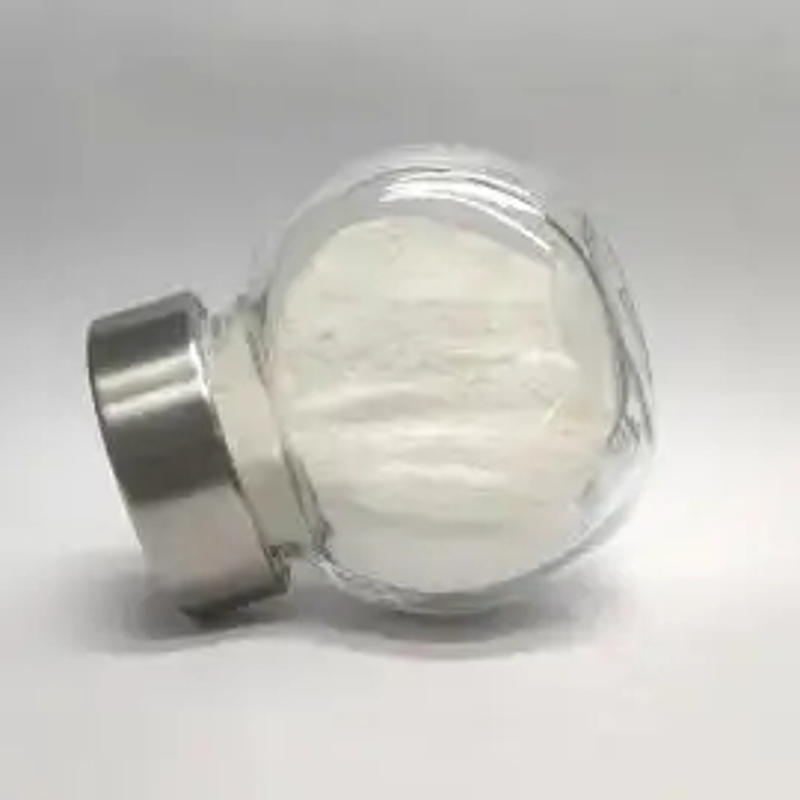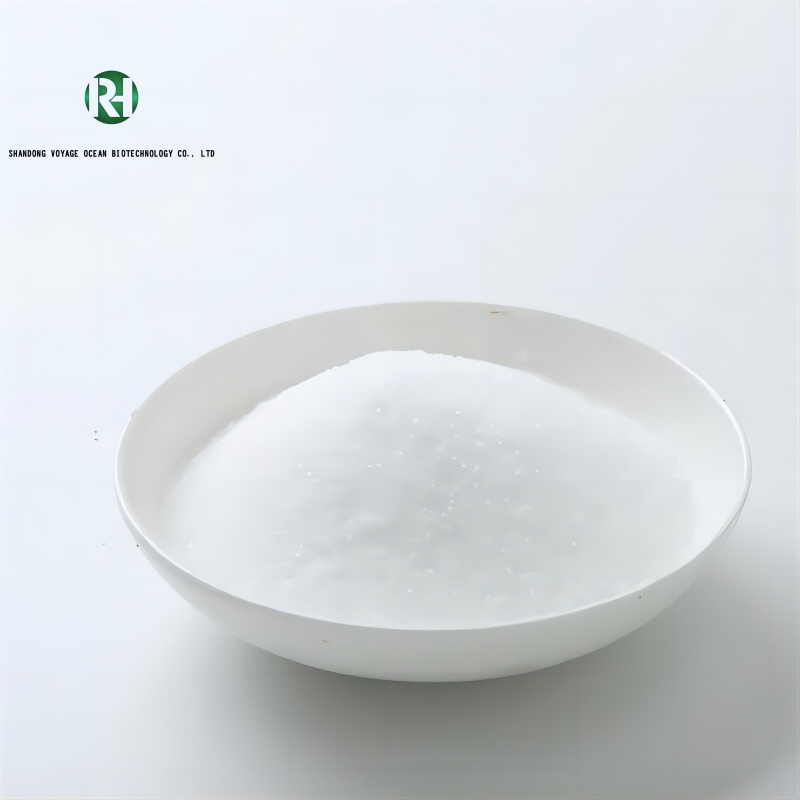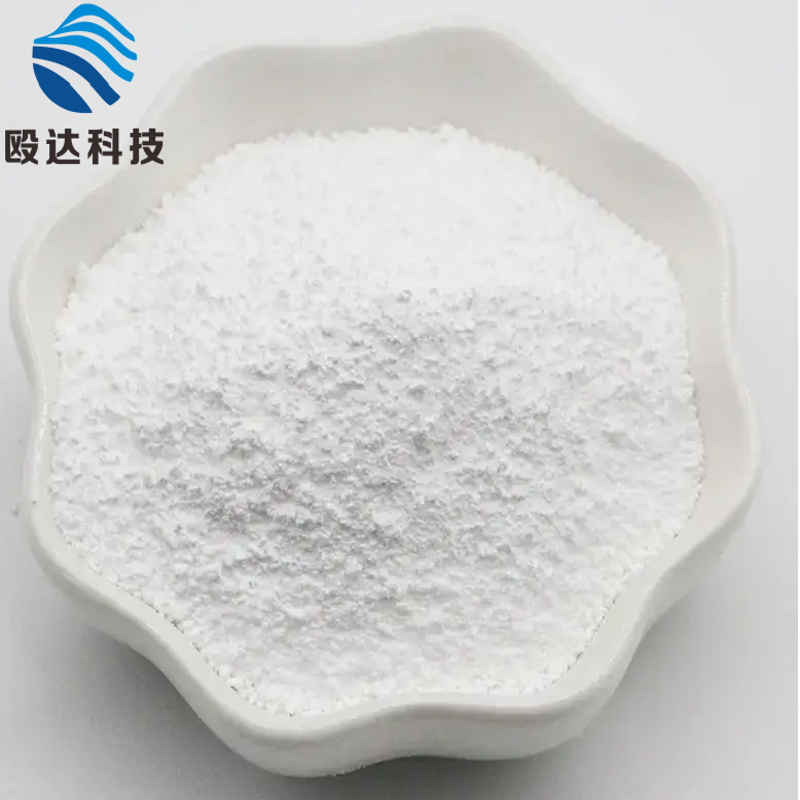It is found that the antioxidant properties of NAC may "starve" cancer cells
-
Last Update: 2017-11-28
-
Source: Internet
-
Author: User
Search more information of high quality chemicals, good prices and reliable suppliers, visit
www.echemi.com
Recently, a study published in the Journal of minerals in oncology found the new results of an old drug The authors, Federica sotgia of Salford University and the team speculate that the antioxidant properties of NAC may "starve" cancer cells About NAC NAC is an over-the-counter medicine and dietary supplement, which is usually used to relieve cold and flu symptoms, such as cough, wheezing and runny nose NAC can also be applied to acetaminophen overdose, cystic fibrosis and chronic obstructive pulmonary disease NAC has antioxidant activity and can reduce cell damage caused by oxidative stress Considering these two points, the author, Federica sotgia of the University of Salford and the team speculate that the antioxidant properties of NAC may "starve" cancer cells In order to test the hypothesis, the research team recruited 12 women with stage 0 or stage 1 breast cancer to carry out relevant tests (http:// During the three weeks between diagnosis and operation, the patients will receive NAC treatment, including weekly intravenous injection (each dose is 150mg / kg), and daily (except the day of intravenous injection) two times NAC tablets (each dose is 600mg) Before and after the operation, the tumor tissue of the patient will be analyzed by biopsy (http:// focusing on three markers (related to the deterioration of cancer and poor overall survival): MCT4, cav1 and Ki67 The results showed that the level of Ki67 decreased by 25%, while the level of MCT4 decreased by 80% The results show that NAC can inhibit the expression of MCT4 protein in a non-toxic way, thus preventing the growth and division of cancer cells The team said the latest study hopes to bring new options for cancer treatment.
This article is an English version of an article which is originally in the Chinese language on echemi.com and is provided for information purposes only.
This website makes no representation or warranty of any kind, either expressed or implied, as to the accuracy, completeness ownership or reliability of
the article or any translations thereof. If you have any concerns or complaints relating to the article, please send an email, providing a detailed
description of the concern or complaint, to
service@echemi.com. A staff member will contact you within 5 working days. Once verified, infringing content
will be removed immediately.







